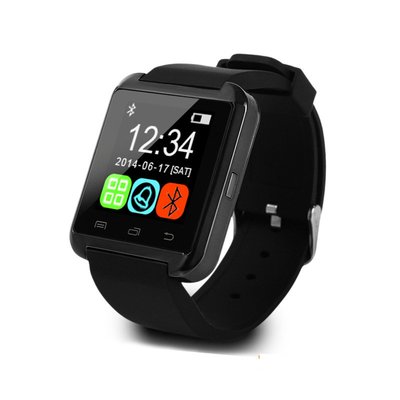<small id="wg64m"></small> The CE marking is a mandatory requirement of EU law for the basic safety requirements of products. For automotive emergency start power supplies, CE certification typically covers the Electromagnetic Compatibility (EMC) Directive and the Low Voltage Directive (LVD). Although some products only require LVD certification, customers are usually required to meet the requirements of the EMC directive at the same time. This is because the EMC directive ensures that equipment can operate safely without interfering with or being interfered with by other electronic devices, especially when used in high electromagnetic environments such as automobiles.
Low Voltage Directive (LVD, 2014/35/EU) : If the working voltage of the product is between 50V and 1000V, it must comply with the Low Voltage Directive to ensure the electrical safety of the product.
2. Electromagnetic Compatibility Directive (EMC, 2014/30/EU) : Ensure the compatibility and anti-interference capability of products in electromagnetic environments to prevent interference with other electronic devices.
3. Battery Directive (2006/66/EC) : Applicable to devices containing batteries, ensuring the safety and environmental friendliness of batteries.
1. Electrical safety: Refer to EN 60950 or EN 62368 standards.
2. EMC testing: Electromagnetic compatibility testing is conducted in accordance with the standards of EN 55032 and EN 55035. 3. Environmental impact: Based on the product characteristics, test whether it complies with environmental protection directives.
Enterprises need to prepare a complete technical document, which should include: product description: such as the product name, model, usage instructions, etc. Design and manufacture drawings. Test report: It includes test results in aspects such as safety and electromagnetic compatibility. Risk assessment: Evaluate the potential risks of the product and attach protective measures. Declaration of Conformity (DoC) : The enterprise declares that the product complies with the relevant CE directive requirements.
1. Market access: CE certification is a mandatory requirement for products to enter the EU market, ensuring that products can circulate freely among EU member states.
2. Quality Assurance: Through the certification process, it is proven that the product has undergone strict testing, ensuring product quality and safety.
3. Legal Compliance: Avoid legal risks and potential recall costs due to non-compliance with regulations.
4. Enhanced competitiveness: CE certification enhances the international image of the product, making it more attractive in the highly competitive market.
The first step is to fill out an application form, providing clear pictures of the product and detailed specifications.
The second step is to determine the applicable directives and standards that the product should comply with based on its characteristics.
The third step is to prepare the test samples.
Step 4: This stage will conduct a comprehensive test on your product to verify whether it complies with the CE standards.
After the test is passed, the CE certification certificate report can be issued.
Step 6: Affix the CE marking.
If you need to know more about the CE certification process or handle related certifications, please feel free to consult us!


KC certification is a mandatory certification system implemented in South Korea for electronic and electrical products, aimed at ensuring that products comply with South Korea\'s safety and electromagnetic compatibility standards. The Korean market has strict quality control over imported goods, and smart rings, as electronic products, must pass KC certification in order to be legally sold in the Korean market.
CE-RED certification is a mandatory compliance requirement of the European Union for wireless devices. For smartwatches with wireless functions such as Bluetooth and Wi Fi, its importance is mainly reflected in the following three aspects.

The Brazilian market has enormous potential, but in order to successfully enter, ANATEL certification is an essential first step. As an authoritative standard certified by the Brazilian Communications Authority, ANATEL certification is not only a guarantee of product quality, but also a legal entry threshold into the Brazilian market.
The CE marking is a mandatory requirement of EU law for the basic safety requirements of products. For automotive emergency start power supplies, CE certification typically covers the Electromagnetic Compatibility (EMC) Directive and the Low Voltage Directive (LVD). Although some products only require LVD certification, customers are usually required to meet the requirements of the EMC directive at the same time. This is because the EMC directive ensures that equipment can operate safely without interfering with or being interfered with by other electronic devices, especially when used in high electromagnetic environments such as automobiles.
Get a quote